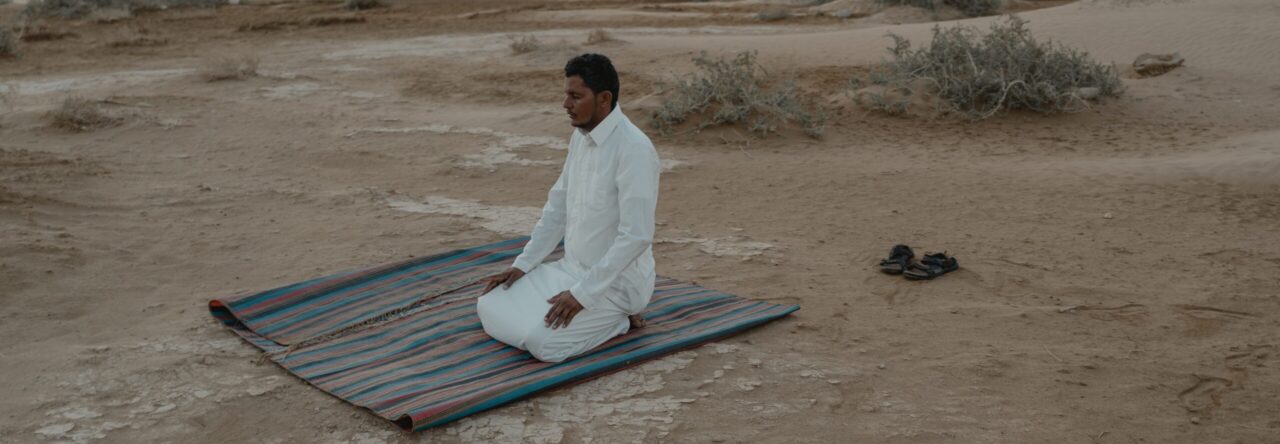Reading Time: 3 minutes
A friend asked me at a gathering yesterday: “what are you doing to recharge?” I looked back at her blankly. “like what are you doing to get yourself through these times” she pressed. I kept staring back. “Uuuuhhh … nothing really” I responded. I searched her face wondering why she thought I would have had some sort of profound answer. “Nothing really”, I said doubling down. Then, “maybe exercising …” The conversation turned to the benefits of a daily walk and fresh air, and I breathed an internal sigh of relief. “I need to walk everyday” we both agreed.
I knew what I wished my answer was, and maybe what she wished too: prayer, prayer through the night, duaa during prayer, extra units of prayer, prayer in a group; some form of prayer, any form of prayer. But I couldn’t say that. I couldn’t even allude to it. I wanted to say something preachy like: I know prayer can be really helpful, or so and so said she is praying at night, but I held my tongue. Who am I to call to prayer, when I have been so avoidant. “Don’t be a farce”, I scolded myself.
In chapter 94, Asharh, Allah advises the Prophet to turn to prayer when he has ’emptied out’, seeming to say, when life and its people will drain you, turn to me so I can fill you up again. Why can’t I have that, I thought when I was listening to this description of the chapter. Why can’t I recharge through my prayer instead of ignoring it or worse yet, holding it in resentment.
I guess the idea behind this blog was to be able to figure out a clear answer to that question. I feel like I’ve wandered in all directions, sometimes finding clarity, and sometimes feeling hopeless. My journey hasn’t felt like a linear progression, and in many ways feels like floating in circles.
The fact of the matter is though, as evidenced by the verses in Asharh, even the Prophet needed to be trained on how to interact with his Lord. Even if the Prophet s, was starting from a place of positivity in his relationship with Allah, it doesn’t mean he knew how to relate to Him. Even if he already held that God loved him and wanted him, it didn’t mean he knew that God would be there for his neediness too. And, it’s possible too, that the Prophet wasn’t starting from positivity. He could have been confused and insecure about what God really thought of him. He could have felt that God was disappointed or angry, especially if the Prophet felt that he was somehow falling short in his mission. God though, assures him, through asking Him to turn to prayer, that their relationship always comes first.
Imagine if we felt that when we were going to pray. Imagine fully trusting that God always puts your relationship with Him first. Before your righteousness, before your sins, before your forgetfulness. How much more rejuvenating would prayer be if we could only think like that. But, it’s not so simple is it. Holding that concept requires a shift in your thought processes and your emotional habits. It requires a consistent reconsideration of how you already respond to God, how you would like to, and how to grow yourself closer to that. Maybe that’s why this chapter was revealed so early in the message. God knew, that to be able to connect with him in prayer, the Prophet himself would need a lot of time to practice and work on adjusting his understanding and relationship. For us it can be no less. Prayer is the lesson we have to learn over and over again.
